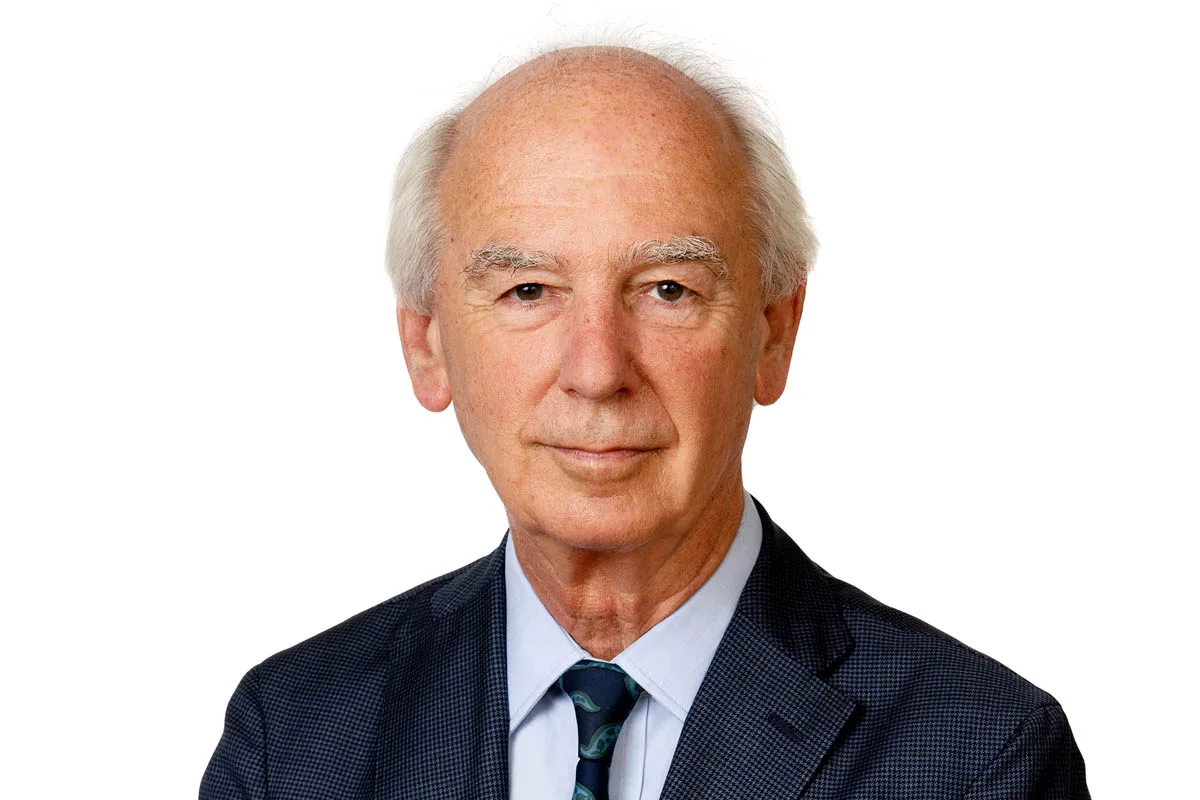Dominic Kendrick QC and Keir Howie (Instructed by Yvonne Jefferies of Byrne and Partners) acted for the Defendant, Mr Abdourahman Boreh, in his successful application to discharge a worldwide freezing order covering assets worth over $100 million.
The Claimants in the action are the Republic of Djibouti and two of its state agencies, and their claim alleges that the Defendant made various improper gains by abusing his former position in Djibouti as a public official. In September 2013, the Commercial Court granted them a worldwide freezing order, which they obtained in part by relying on evidence of the Defendant’s criminal conviction in Djibouti for orchestrating acts of terrorism. They relied in particular on telephone transcripts which were said to demonstrate that the perpetrators of a grenade attack on a supermarket had reported to Mr Boreh on the progress of their activities. In fact, the transcripts of the calls were incorrectly dated and took place before the attack, meaning that they cannot have been reports on terrorist activity and that Mr Boreh’s conviction was unsafe. This was known to the Claimants and their solicitors, Gibson Dunn & Crutcher LLP, before the freezing order application was made.
In January 2015, having discovered the misdating, the Defendant applied to discharge the freezing order. The application was made on the basis that when the order was originally granted, the Claimants and Mr Peter Gray, the supervising partner at Gibson Dunn, deliberately and dishonestly misled the Commercial Court by concealing the flaws in the terrorism evidence. On 23 April 2015, following a five-day hearing at which Mr Gray was cross-examined about his conduct of the case, Mr Justice Flaux acceded to the application and discharged the order.
The judgment is highly exceptional for the seriousness of the criticisms which it makes both of a sovereign state and of an officer of the English court. Accepting the Defendant’s submissions, Mr Justice Flaux found that Mr Gray engaged in conduct which was “breathtaking”, “clearly dishonest” and “fell a long way short of the standard of professional integrity and candour which the court is entitled to expect of an English solicitor”; and also that the Republic of Djibouti itself was guilty of numerous “particularly egregious examples of reprehensible conduct, all of which fall a long way short of the standards of behaviour which the court is entitled to expect of a sovereign state”.
Following these findings, the Commercial Court discharged the freezing order, leaving in place only a much more limited proprietary injunction covering certain disputed shares. It has also required the Claimants to discharge or vary a number of injunctions which they have obtained in other jurisdictions, in particular Jersey, the Dubai International Financial Centre, the British Virgin Islands and Singapore. In addition, the scrutiny of the application has led the Republic of Djibouti to abandon its attempts to extradite Mr Boreh pending a full, independent review of the evidence against him. The full judgment appears at: [2015] EWHC 769 (Comm).

